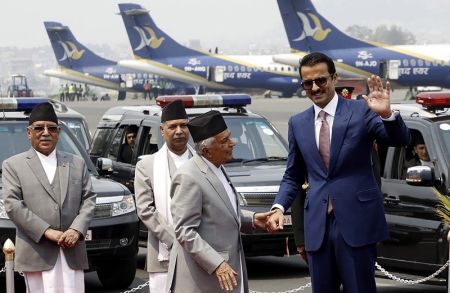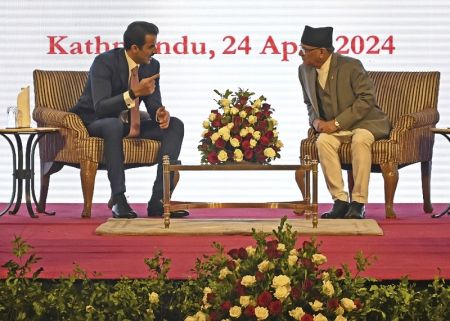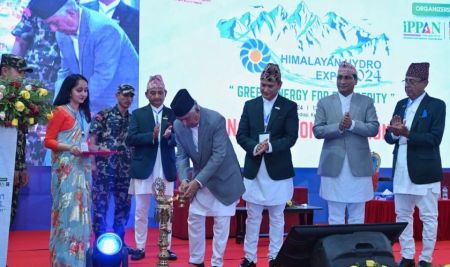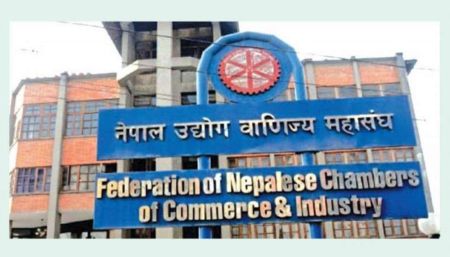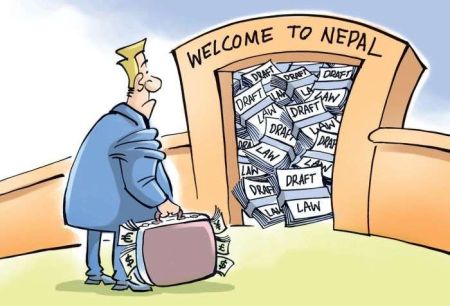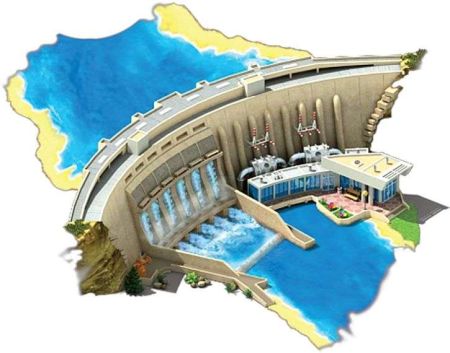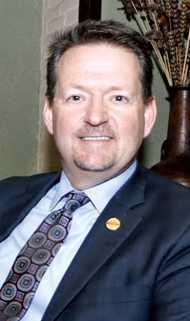 Daniel Rex
Daniel Rex
Chief Executive Officer
Toastmasters International
Toastmasters International is a US-based worldwide non-profit educational organisation that empowers individuals to become more effective communicators and leaders. Founded in 1924 by Ralph C Smedley in Santa Ana, California, Toastmasters is now present in 141 countries with 16, 500 clubs and 350,000 people attending the organisation’s meetings worldwide. The organisation is planning to expand its activities in the educational sector to strengthen the communication and public speaking skills of the students. The Kathmandu Club was established in 1991 as the first Toastmasters club in Nepal. Currently, the organisation has nine clubs including community, educational, corporate and tourism clubs in Nepal. The global organisation has helped many individuals from different backgrounds to become more confident speakers, communicators and leaders.
Daniel Rex, CEO of Toastmasters International was in Nepal recently for a visit. Rex, in the post since 2013, has been with Toastmasters for 27 years. He also is a member of the Key Global Associations Committee (KGAC) of the American Society of Association Executives (ASAE). New Business Age talked to Rex about the benefits of effective speaking for business leaders and professionals. Excerpts:
What kind of programme is Toastmasters International?
Toastmasters International is a programme where people learn to become better communicators by practicing. It is different than regular curriculum-based programmes where students learn from lectures from professors and take a test. Toastmasters is an experimental platform where skills such as communication, public speaking and leadership are practiced. Every session is of 90 minutes which usually is organised in one day of every week. People looking to join Toastmasters can participate as observers in the first few meetings after which they are required to practice and which is evaluated.
Why do you think people want to join the Toastmasters International programme?
The primary reason for this is people want to improve their communication skills. Besides, they also want to gain leadership skills and also seek a good networking environment. After achieving the skills, they can confidently present themselves in workplaces, homes and community and become better communicators. The members of Toastmasters clubs become more productive with positive attitudes.
When processes of communication functions effectively in an organisation, the barriers come down and there is more collaboration. Around the world, around 60 percent of the members of Toastmasters are from the corporate sectors, community and educational institutions. Age is no bar in terms of joining the Toastmasters and people can improve their skills no matter how old they are.
How is Toastmasters helping professionals and entrepreneurs boost their careers and businesses?
The most important thing as an entrepreneur is to sell your vision by adequately communicating with the target market. The best leaders in the organisations are the best communicators. This can help them to plan and execute succession planning effectively. We have a specific Toastmasters programme for the companies to enhance the skills of their employees.
How is Toastmasters moving ahead in Nepal?
Toastmasters has nine clubs here and we have connected Nepal to northern and eastern parts of India and Bangladesh. We have around 500 members in the country. There will be 25-35 clubs here in the next 3-5 years. There is always a demand for better communication skills everywhere regardless of location and culture. As Nepalis become more familiar with the Toastmasters concept, it will naturally help us grow. It has happened everywhere in the world and it is happening here too.
The members of Toastmasters in Nepal have won international level contests. It shows that Nepalis are fantastic communicators. So, there are definitely good opportunities for Nepal. We will grow wider in the community, corporate houses, educational institutions and other areas in the next 3-5 years.





